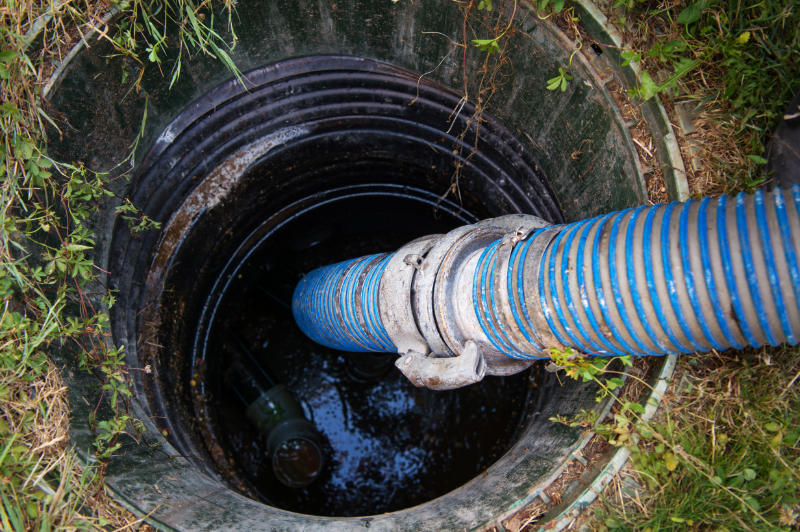 Sludge or residuals are the normal derivative of anaerobic digestion. These are dead micro organism which buildup over time at the base of anaerobic ponds or lagoons and need to be removed at regular intervals. An accumulation of sludge at the bottom of the pond or lagoon could cause an acceleration of sludge accumulation, intensified nitrogen concentration in the lagoon runoff and a higher possibility of foul odor to surface from the lagoon.
Sludge or residuals are the normal derivative of anaerobic digestion. These are dead micro organism which buildup over time at the base of anaerobic ponds or lagoons and need to be removed at regular intervals. An accumulation of sludge at the bottom of the pond or lagoon could cause an acceleration of sludge accumulation, intensified nitrogen concentration in the lagoon runoff and a higher possibility of foul odor to surface from the lagoon.
Liquid sludge is a black, thick, sticky substance that is loaded with nutrients and organic materials. It could also contain a high level of pollutants and contaminants that were contained in the waste water. Liquid sludge must be disposed of properly for proper environmental protection. If the disposal is not done properly, the outcome could be a simple transferring of the contaminants and pollutants from the waste pond to the disposal area where they could again contaminate the surroundings.
At SewerMan of Beverly, NJ we are experts at liquid sludge removal. We can recommend and schedule routine maintenance as well as perform emergency services. Call us today to have a plumber or technician visit your location.
For Liquid Sludge Removal in Beverly, NJ Call (866) 760-9136
-

The job was performed in a very professional manner and cleaned up after he was done.
 Hazel K.
Hazel K.

-

Rooter-Man saved the day and my toilet! Thanks for the help
 Emma T.
Emma T.

Disposal of liquid sludge
Liquid sludge removal is done utilizing the following two methods of disposal:
Disposal in Water
This is a cost-effective but not very widespread disposal method since it is dependent on the accessibility of an adequate water system that will allow it. In some seaside towns or cities, liquid sludge, both digested and raw is drawn out to barges and transported to sea and dumped in deep water far enough from the shores for the liquid sludge to be thoroughly diluted and avert any hazardous effects on the shore.
Disposal on Land
Liquid sludge disposal by land can either be through burial, fill or treatment as soil conditioner or fertilizer.
Burial
The burial method of disposing liquid sludge on land is applied mainly for raw sludge which could emit foul odor if it is not covered with soil. The method involves running the liquid sludge through trenches that are two or three feet in width and two feet deep. The raw sludge flowing from the trenches should be buried under 12 inches of soil. If there is a vast land area available, burying liquid sludge is possibly the most cost efficient method of liquid sludge disposal since it does away with the expense of other ways of treating sludge. Burying liquid sludge is not very common because of the huge land area requirement. The liquid sludge in the trenches could remain damp and stinking for several years, so reusing it for the same purpose or for any other purpose is not feasible, even after many years.
Fill
Using sludge as fill is limited almost totally to digested sludge that can be left in the open without causing critical or extensive odor annoyance. The area where liquid sludge is disposed of becomes a pond or lagoon and should be abandoned once it is filled.
Liquid sludge removal and disposal should be performed by professionals such as SewerMan of Beverly, NJ. Our service people are trained to dispose of the liquid sludge in the most environmentally sound and efficient ways. Call us today for your liquid sludge removal needs.
Some services are only offered at participating locations.

